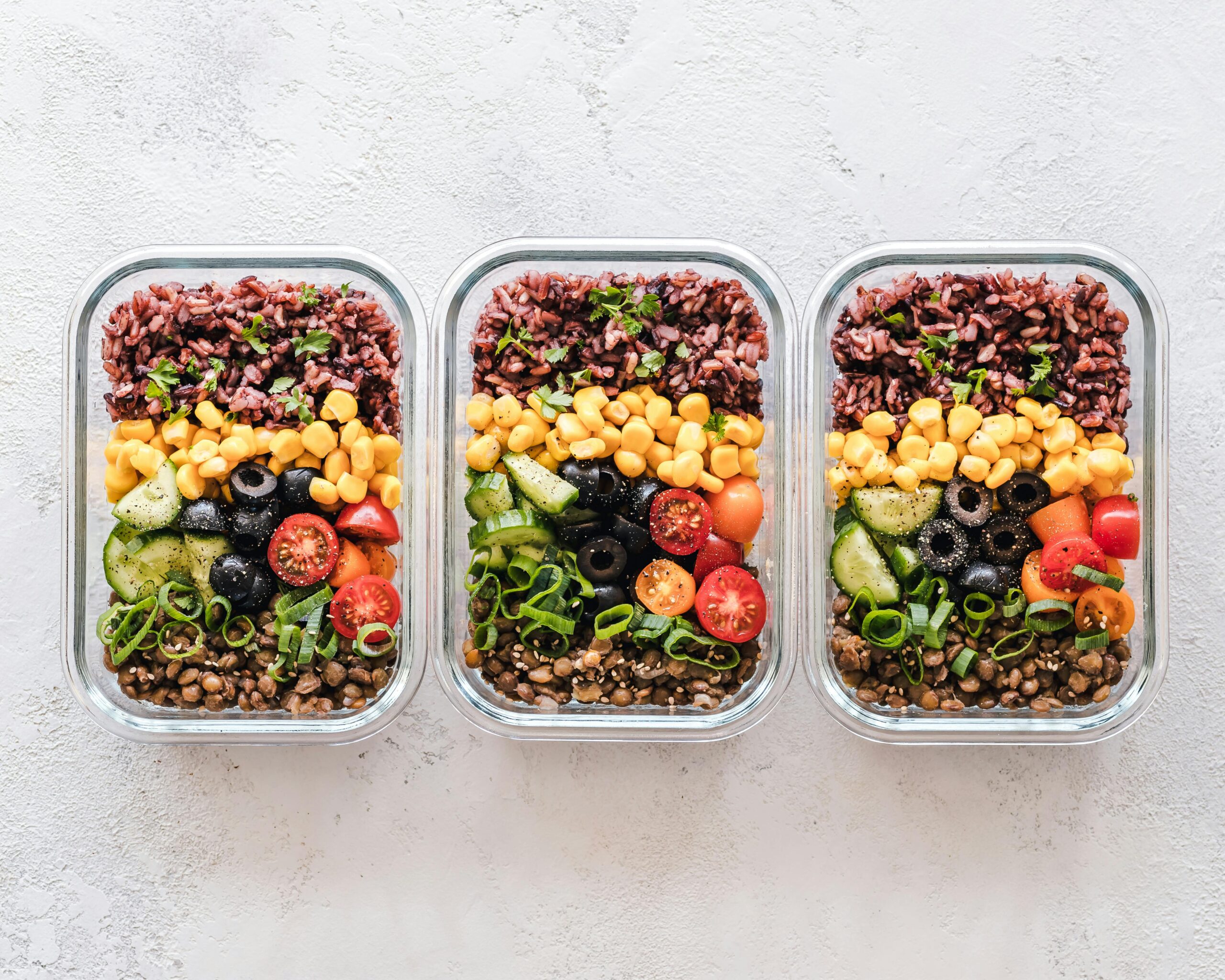
15 Jan Mindful Eating: The Food Trend Transforming 2025
What Is Mindful Eating?
Mindful eating is a revolutionary approach to food that focuses on awareness, intention, and connection. Unlike calorie counting or restrictive diets, it homes in on the sensory and emotional aspects of eating. Imagine savouring every bite, truly tasting your food, and feeling a deeper appreciation for how it nourishes your body—sounds refreshing, doesn’t it? This practice is about being present with your meal. Whether it’s a quick snack or a lavish dinner, mindful eating encourages us to slow down and enjoy the experience.
The Core Principles:
Recognize, Respond, Reflect (The 3 Rs)
Mindful eating thrives on its foundation of the three Rs:
- Recognize Before you eat, pause. Are you truly hungry, or are you eating out of habit or boredom? This step is about understanding your hunger cues and emotional state.
- Respond Next, respond to your body. Choose foods that satisfy your hunger while nourishing your body. Take your time, chew slowly, and immerse yourself in the flavors and textures of your meal.
- Reflect After eating, reflect on how the food made you feel physically and emotionally. Was it satisfying? Did it give you energy, or leave you sluggish? This step helps fine-tune your relationship with food.
Can Mindful Eating Help You Lose Weight?
Here’s the million-dollar question: can mindful eating really lead to weight loss? While it doesn’t involve counting calories or tracking macros, this technique has shown promising results. By focusing on hunger cues and avoiding emotional or binge eating, people often develop healthier eating habits. It’s not about dieting—it’s about fostering a balanced approach to food.
The Biggest Challenge: Distractions
Let’s face it—mindful eating isn’t always easy. Our meals are often consumed in front of screens, amidst endless scrolling or chatting. These distractions make it harder to tune in to our food and our bodies. Learning to push aside these interruptions and eat with intention is a skill, but one well worth mastering.
How to Get Started With Mindful Eating – Ready to give it a go?
Here are some practical tips to help you embrace mindful eating
- Stick to Regular Meal Times Establish a routine for your meals. Consistent meal times help regulate hunger levels and prevent overeating.
- Slow Down Savor each bite as if it were a rare delicacy. Chewing slowly not only enhances flavor but also gives your brain time to register fullness.
- Ditch Distractions Turn off the TV, put away your phone, and focus entirely on your meal. This shift can profoundly change your eating experience.
- Appreciate Food as Fuel Think of food as the ultimate energy source. When you appreciate its role in fueling your body, you’ll naturally make healthier choices.
- Avoid Food Labels Instead of labeling foods as “good” or “bad,” consider the nutrition, satisfaction, and enjoyment they provide. All foods can fit into a balanced diet.
Benefits of Mindful Eating Still on the fence?
Here are some reasons why mindful eating is worth a shot:
- Improved Digestion: Eating slowly can aid in better digestion.
- Reduced Stress: Being present with your food can create a calming ritual.
- Weight Management: Greater awareness often leads to healthier portions.
- Enhanced Flavour: Food genuinely tastes better when you’re focused on it.
- Mindful Eating vs. Traditional Diets
Unlike traditional diets that restrict certain foods or require meticulous tracking, mindful eating is about freedom. It encourages you to trust your body and its cues instead of external rules.
Tips for Success With Mindful Eating
- Start Small You don’t need to overhaul your eating habits overnight. Begin with one mindful meal a day.
- Use Smaller Plates A smaller plate can help you focus on portions without feeling deprived.
- Journal Your Experience Keep a food journal to track your reflections after meals. Over time, patterns will emerge that can guide your choices.
- Practice Gratitude Take a moment before eating to appreciate your food—where it came from, who prepared it, and its role in your life.



